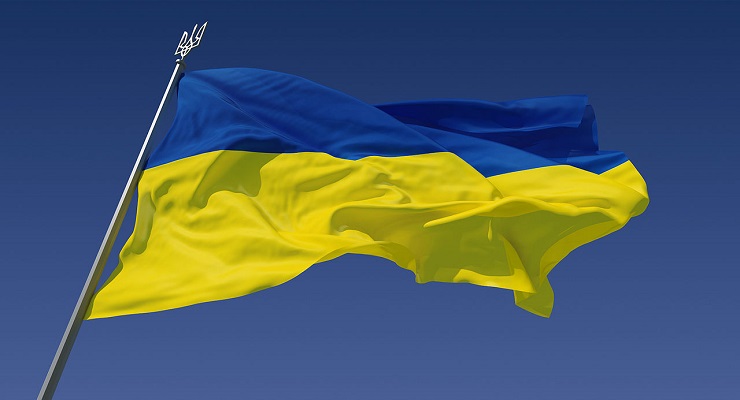 This article is published by Democracy Digest. Here is an excerpt:
This article is published by Democracy Digest. Here is an excerpt:
Perhaps the most tragic aspect of the seemingly unending Donbas dispute is that, while it may be one of the most dangerous crises in the world today, it is also in principle the most easily solved, claims Anatol Lieven, a senior research fellow of the Quincy Institute for Responsible Statecraft. The “Minsk II” agreement drawn up by France, Germany, Russia, and Ukraine and endorsed by the US, the European Union, and the United Nations corresponds to democratic practice, international law and tradition, and America’s own past approach to the settlement of ethnic and separatist conflicts, he writes for The Nation:
The United States, of course, has a federal system, as do Canada, Australia, Germany, Italy, Switzerland, Belgium, India, and South Africa. There can thus be no objection from democratic principle to a federal system for Ukraine, or to special autonomy for the Donbas. Given the vast differences in language and culture between different parts of Ukraine, a federal constitution would seem the best political system for the country as a whole. Failing that, “asymmetric federations,” in which certain regions enjoy special status or one autonomous region exists in an otherwise unitary state, are also an accepted part of certain democracies.
It would indeed be good for Russia’s relations with the United States (and Europe) to be more stable and predictable, as the Biden administration has characterized its short-term objective with the Kremlin, notes Atlantic Council expert Daniel Fried. But that’s not where things are. This has become clear with the Belarusian manipulation of migrants at the Polish border and with the Russian military build-up on the border with Ukraine, he writes for Just Security:
Read the full story here.
Leave a Reply